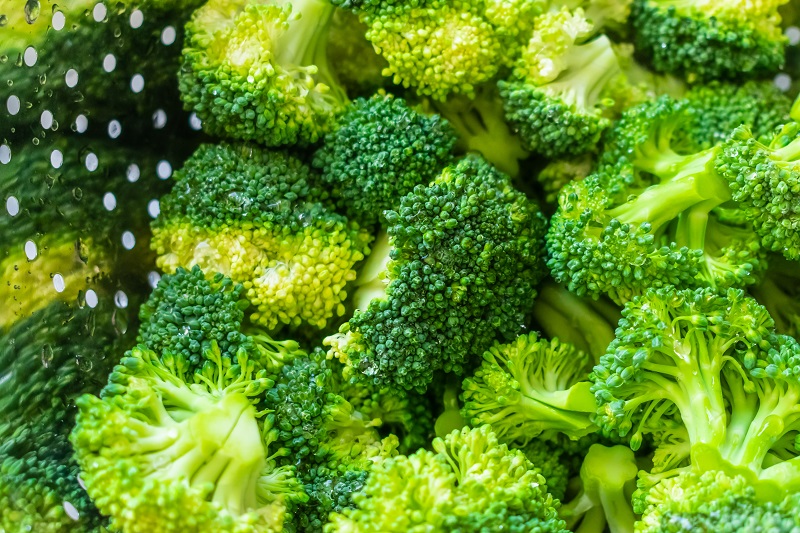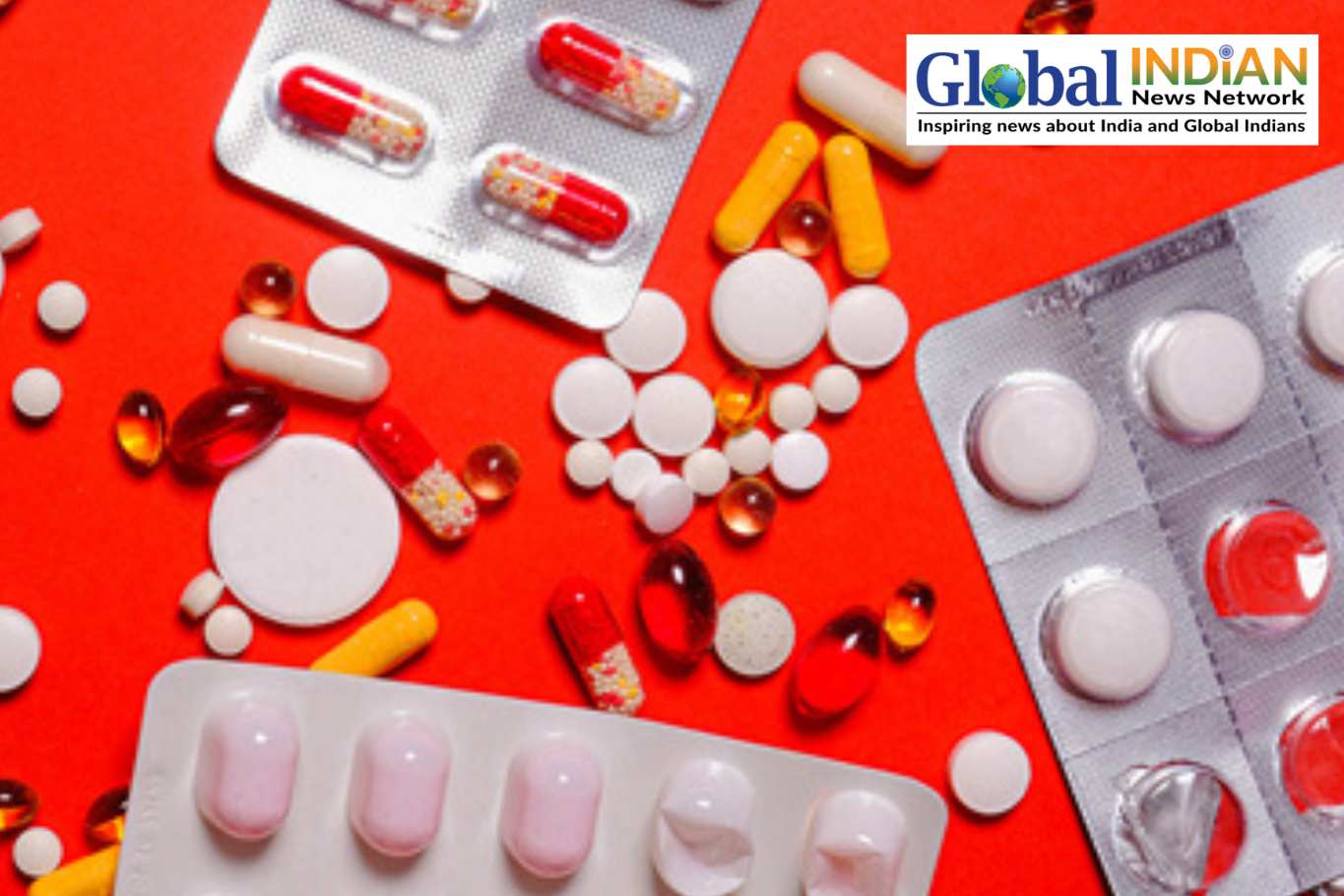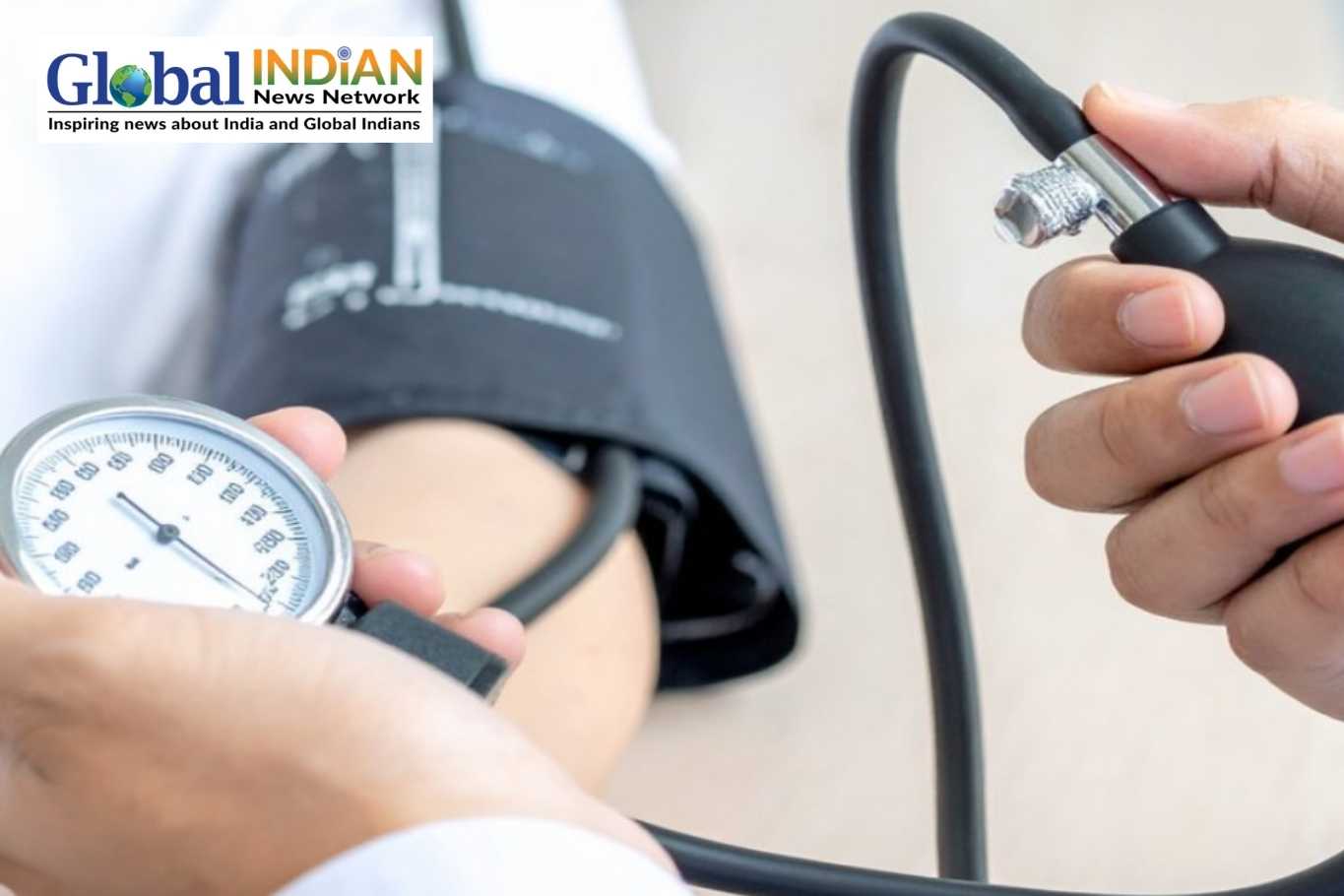
Prediabetes occurs when blood sugar levels rise above normal but are not yet high enough to be classified as type 2 diabetes. A recent study from the University of Gothenburg in Sweden, published in Nature Microbiology, has found that sulforaphane, a compound found in broccoli sprouts, may help regulate blood sugar levels in individuals with prediabetes.
The study, which builds on prior research, showed that sulforaphane was particularly effective in specific individuals. A 2017 study had already demonstrated that high doses of sulforaphane significantly reduced blood sugar levels in type 2 diabetes patients.
How Sulforaphane Affects Blood Sugar
Researchers examined 89 adults between 35 and 75 years old who had elevated fasting blood sugar levels, a key marker of prediabetes. These individuals also had either overweight or obesity. Over a 12-week period, participants were randomly given either sulforaphane or a placebo without knowing which they received. Seventy-four participants successfully completed the study.
The results showed that those who took sulforaphane experienced a greater drop in fasting blood sugar compared to those on the placebo. The reduction was most pronounced in individuals with early-stage, mild diabetes, lower body mass index, low insulin resistance, minimal fatty liver disease, and preserved insulin secretion.
Dr. Anders Rosengren, a senior researcher from the University of Gothenburg, explained that sulforaphane, which is abundant in cruciferous vegetables like broccoli, helps lower blood sugar by reducing excessive glucose production in the liver. This leads to better fasting blood sugar control, particularly in people with mild obesity and well-functioning insulin secretion.
The Role of Gut Bacteria in Sulforaphane Absorption
Further analysis revealed that certain gut bacteria enhance sulforaphane’s effectiveness in lowering blood sugar. Individuals with a high abundance of these bacteria saw even greater improvements. On average, participants taking sulforaphane had fasting blood sugar levels 0.2 millimoles per liter lower than those on a placebo. The most significant reduction, 0.7 millimoles per liter, was observed in participants who had both the ideal metabolic profile and the beneficial gut bacteria.
Importance of Lifestyle Changes
Dr. Rosengren noted that about 5-10% of adults may have prediabetes, often without realizing it. Risk factors include a family history of type 2 diabetes, poor diet, lack of exercise, and a high body mass index. While lifestyle changes are essential, sulforaphane could serve as a complementary treatment. However, consuming enough broccoli to reach therapeutic sulforaphane levels would be impractical, making broccoli sprout extracts a more viable option.
Haley Bishoff, a registered dietitian not involved in the study, emphasized that sulforaphane has known anti-inflammatory and antioxidant benefits. She acknowledged the study’s potential but pointed out that the greatest benefits were seen in individuals with low insulin resistance and a healthy gut microbiome.
Courtney Pelitera, another registered dietitian, noted that while the study did not show as strong an effect as initially expected, it highlighted the link between gut health and blood sugar regulation. She suggested that rather than relying on supplements, individuals should prioritize a diet rich in fiber, whole grains, and fermented foods to support gut health.
This research opens the door to more personalized prediabetes treatments, but experts agree that maintaining a healthy lifestyle remains the best approach to prevention.









